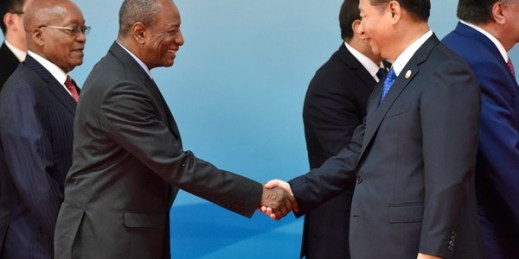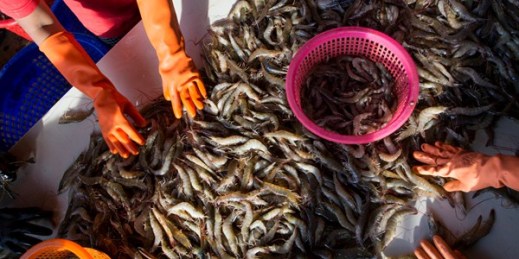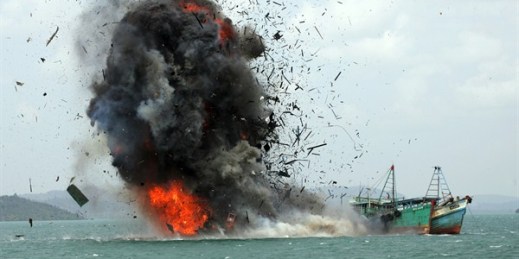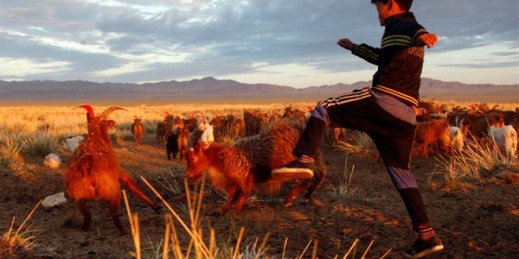
China signed an extraordinary $20 billion loan agreement with Guinea earlier this month, providing the West African country with much-needed financial resources over the next two decades in exchange for concessions and access to its abundant deposits of bauxite, an industrial aluminum ore that is in high demand. The first phase of the deal involves three separate Chinese mining infrastructure projects in the northwestern town of Boffa: a planned alumina refinery and two bauxite extraction operations. China is currently a top global consumer of bauxite, an industrial ore that is first refined into alumina, also known as aluminum oxide, and […]



